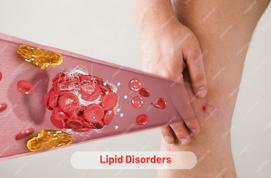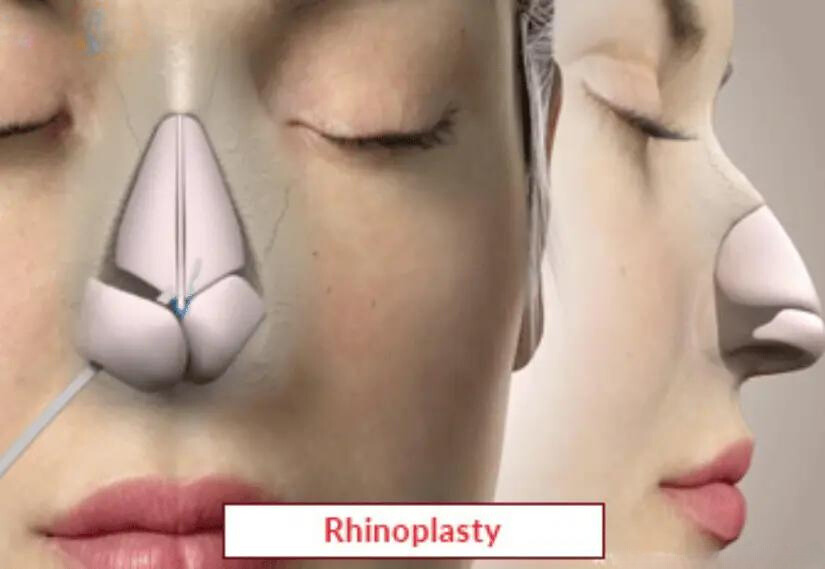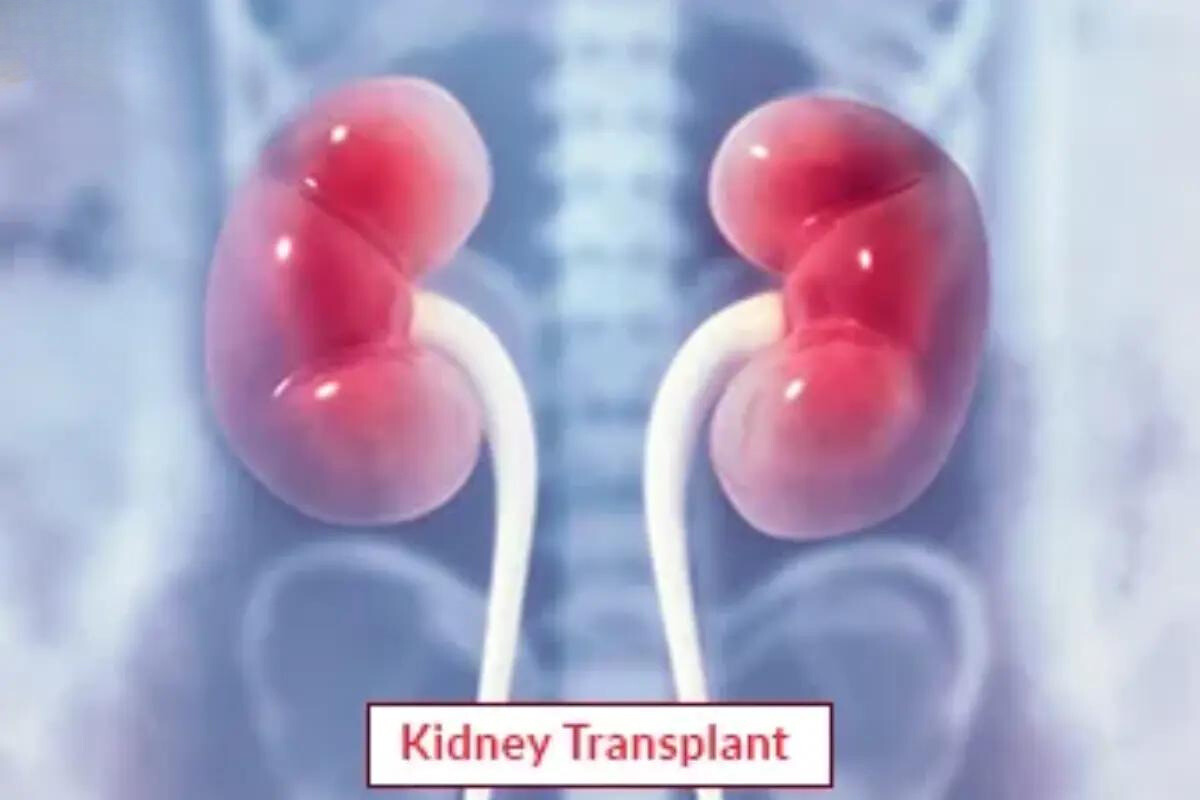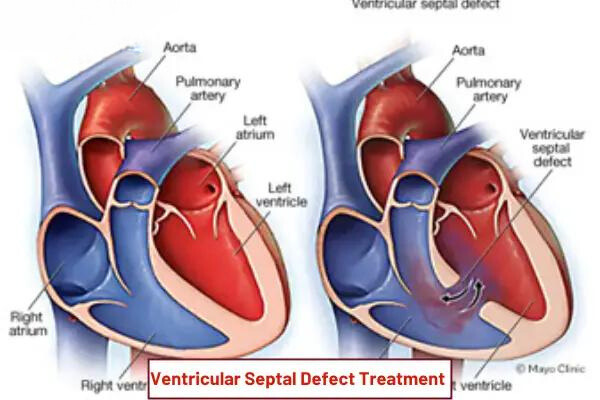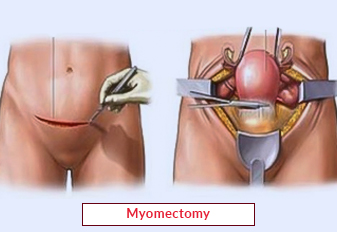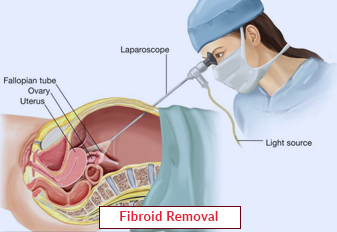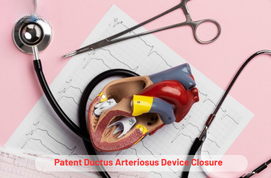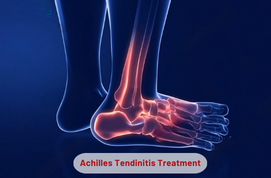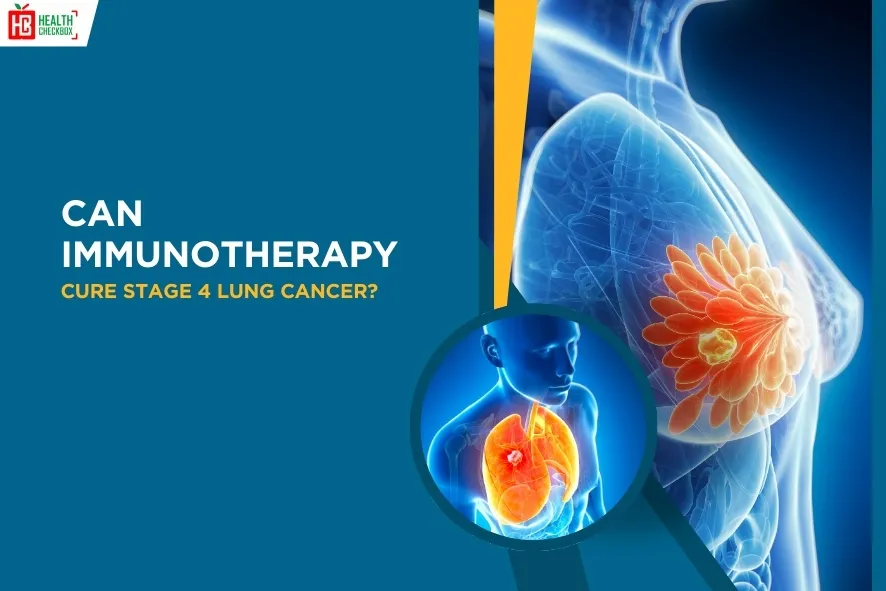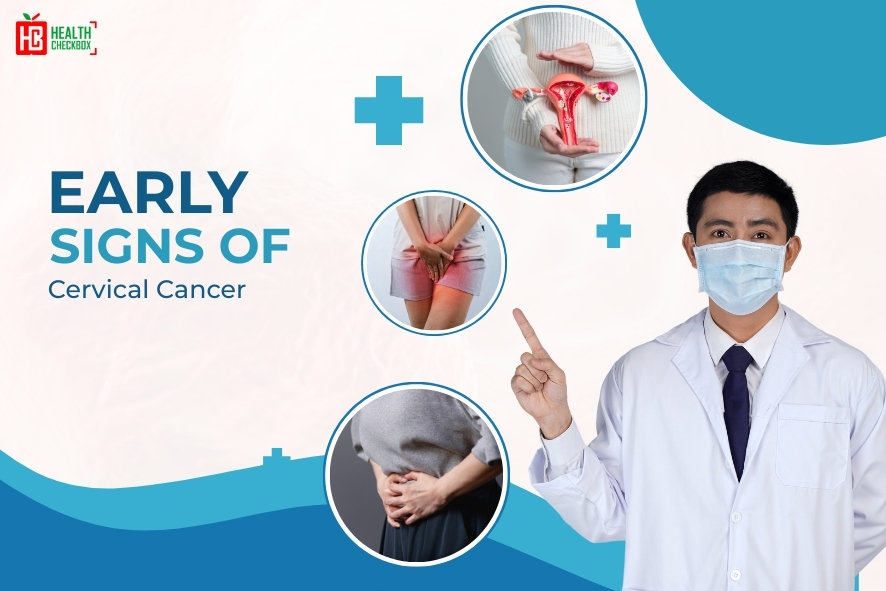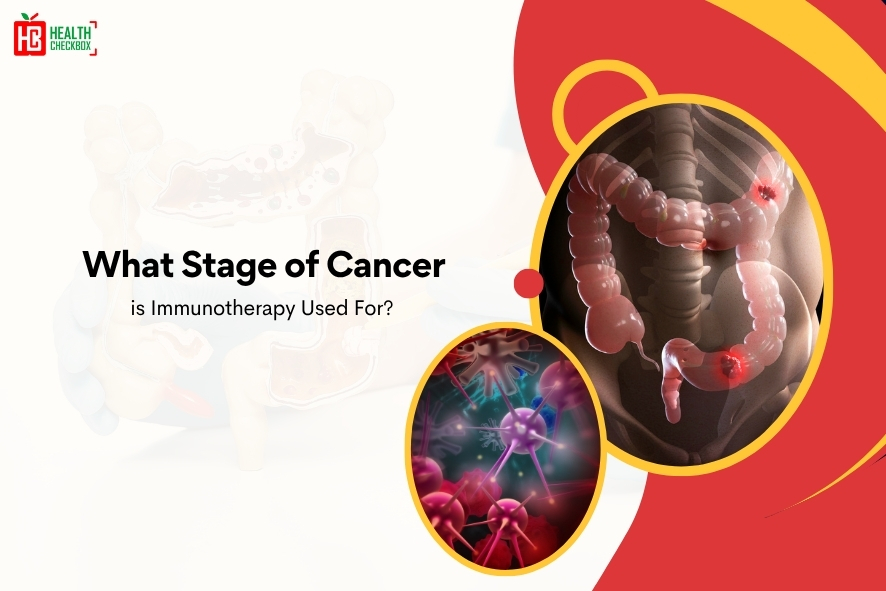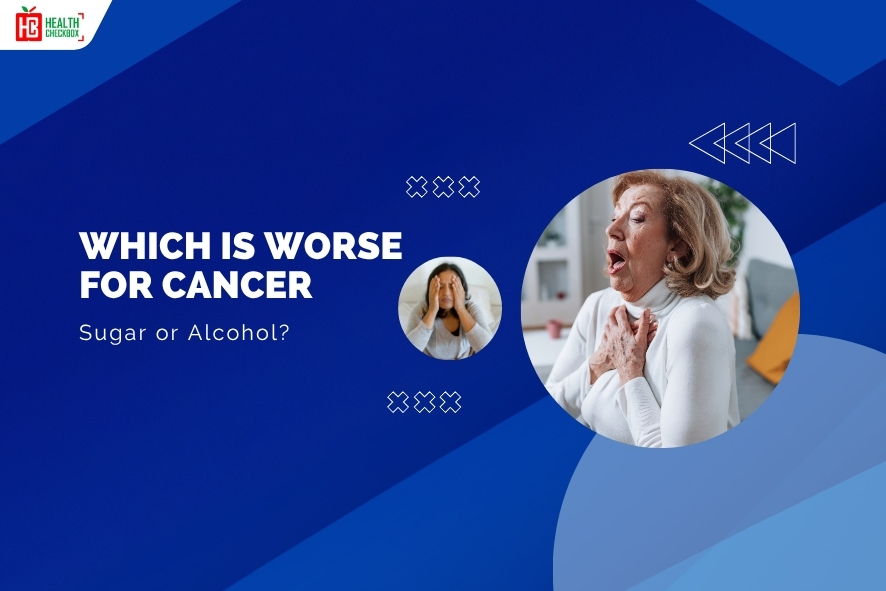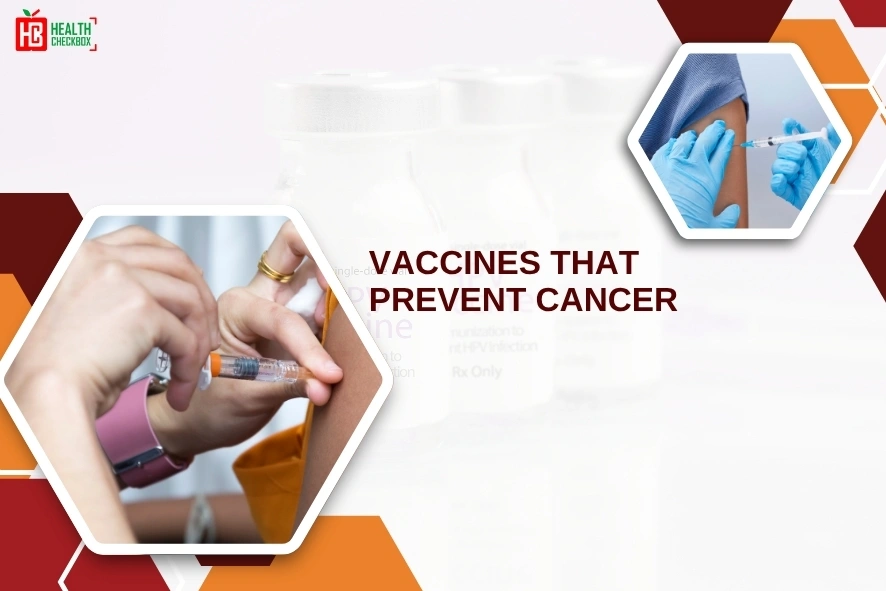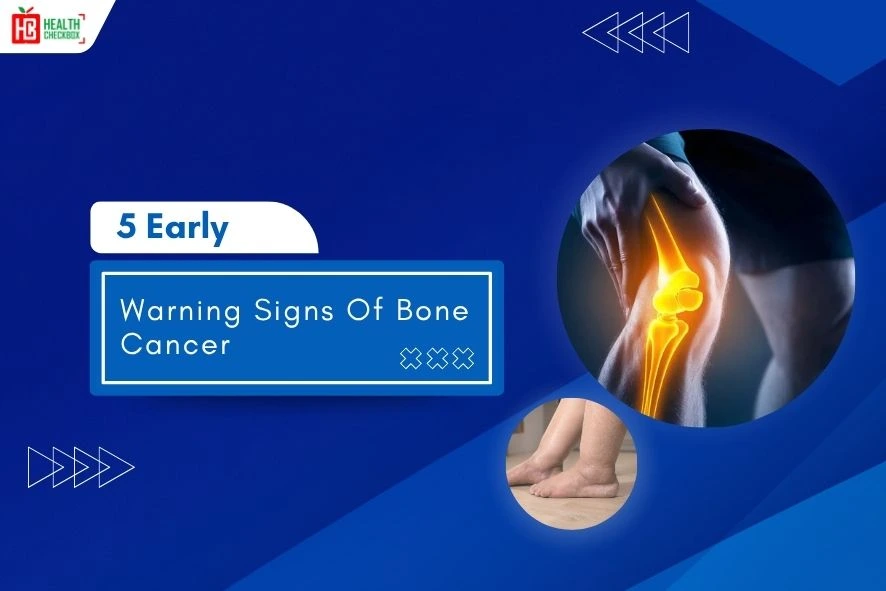When the level of bad cholesterol and triglycerides gets high in the blood is called lipid disorder. These fatty materials get deposited and cause blockages in the blood arteries. Lipid disorders increased level of these lipids is called hyperlipidemia or dyslipidemia. This decreases the blood flow into the heart. When the value of these fats increases, it also increases the chances to cause cardiovascular disease in individuals. Liver organs naturally create cholesterol, however, after consumption of extra cholesterol, its level increases in the body. Millions of people are experiencing hyperlipidemia in the world, which is causing heart-related disorders in people.
Types of Lipid
There are different types of cholesterol and triglyceride, which are as follows:
- Low-Density Lipoprotein (Bad Cholesterol)
- Low-Density Lipoprotein (Bad Cholesterol)
- High-Density Lipoprotein (Good Cholesterol)
- Hypercholesterolemia (Level of Cholesterol increases)
- Hypertriglyceridemia (Level of Triglyceride gets raised).
- Combined Hyperlipidemia (Both Cholesterol and Triglycerides get increased)
Symptoms of Lipid Disorders
As such, an increased level of lipids in your blood does not give you noticeable symptoms. However, when the flow of the blood into the heart gets slow down then it may show the following signs:
- Chest pain
- Jaw pain
- Difficulty in breathing
Causes of Lipid Disorder
There are lots of reasons that can cause lipid disorders:
- Consumption of alcohol
- Smoking
- Family history
- Hyperthyroidism
- Physical inactive
- Being stressed
- Eating food that contain saturated fats
- Overweight
- High glucose level
How can it be Diagnosed?
Hyperlipidemia can be examined by a doctor by conducting blood test, which is commonly called lipid profile as well as some other details are required, which are as follows:
- Medical history
- Physical examination
- Risk score of Atherosclerotic Cardiovascular Disease or ASCVD within 10 years.
- Check the level of cholesterol in the blood
Treatment Options for Lipid Disorders
Lipid problem can be managed and treated by regular monitoring your health in the following ways:
Change in the Lifestyle
Some changes in the lifestyle can maintain the level fat or lipid in your blood, and these are as follows:
- Regular physical exercise.
- Choose healthier options by opting for healthy food like fruits, vegetables, brown rice, etc.
- Quit smoking and decrease consumption of alcohol.
- Cut down foods that contain saturated food.
- Join yoga and zumba classes.
- Get proper sleep.
- Maintain stress level.
Medications
There are some medications that are useful in treating lipid disorders, and these are mentioned:
- Statins: They belong to the class of medicine that helps to prevent the production of bad cholesterol or LDL.
- Bile Acid Sequestrants: This drug also gets bind with bile acids, which produce cholesterol. It also helps to inhibit its absorption.
- Cholesterol Inhibitors: They helps to lower down the level of cholesterol, and they also reduces the ability to absorb cholesterol. It may be prescribed alone or combined with statins.
- Supplements: Vitamin B or Niacin helps in decreasing the level of triglyceride and increase good cholesterol. For example, the Omega-3 fatty acid, which is also present in salmon fish and plant oils.
- Fibrate Therapy: To increase good cholesterol, it is sometimes prescribed with combination of statins and cholesterol inhibitors.
- Green and Black Tea: It is found that green and black tea may reduce bad cholesterol.
Our Other Services
Latest Health Tips
Can Immunotherapy Cure Stage 4 Lung Cancer?
Early Signs of Cervical Cancer
Foods that Kill Cancer: Leafy Vegetables, Grains, & More
What Stage of Cancer is Immunotherapy Used For?
Which is Worse for Cancer, Sugar or Alcohol?
Vaccines That Prevent Cancer
What Kills Cancer Cells in the Body Naturally?
Early Warning Signs of Bone Cancer
Submit Your Enquiry
Testimonials








